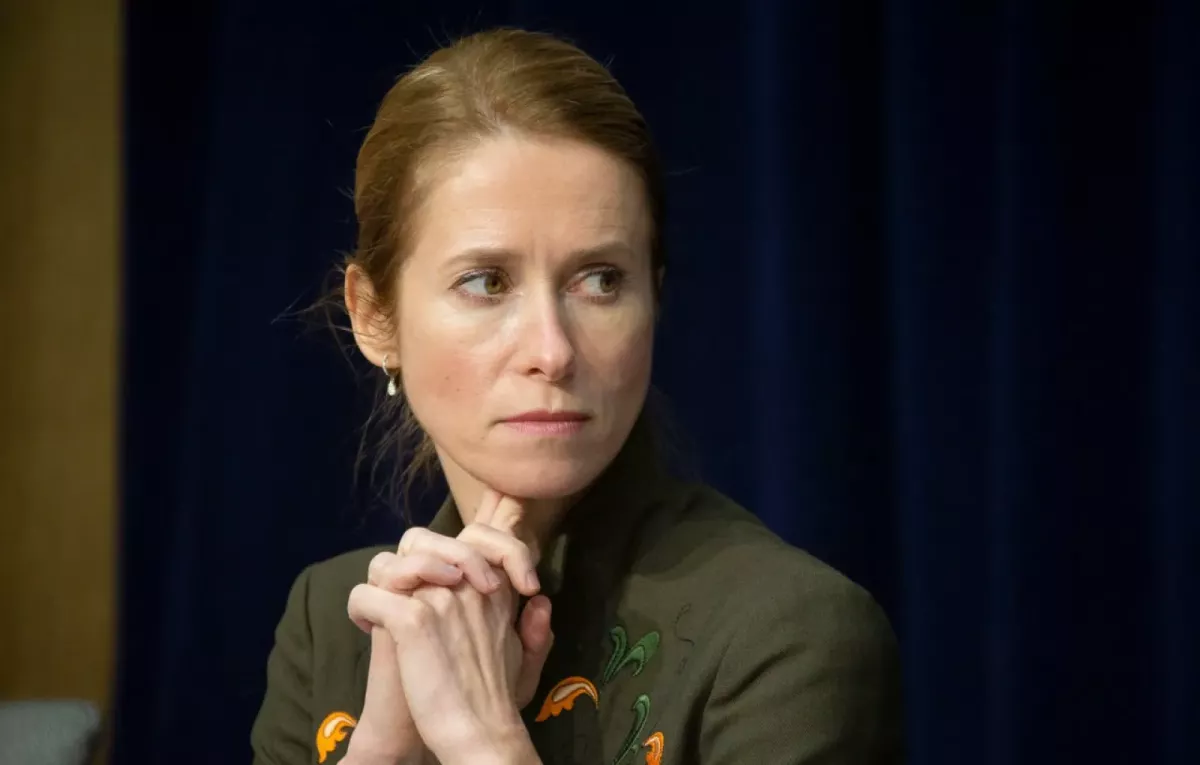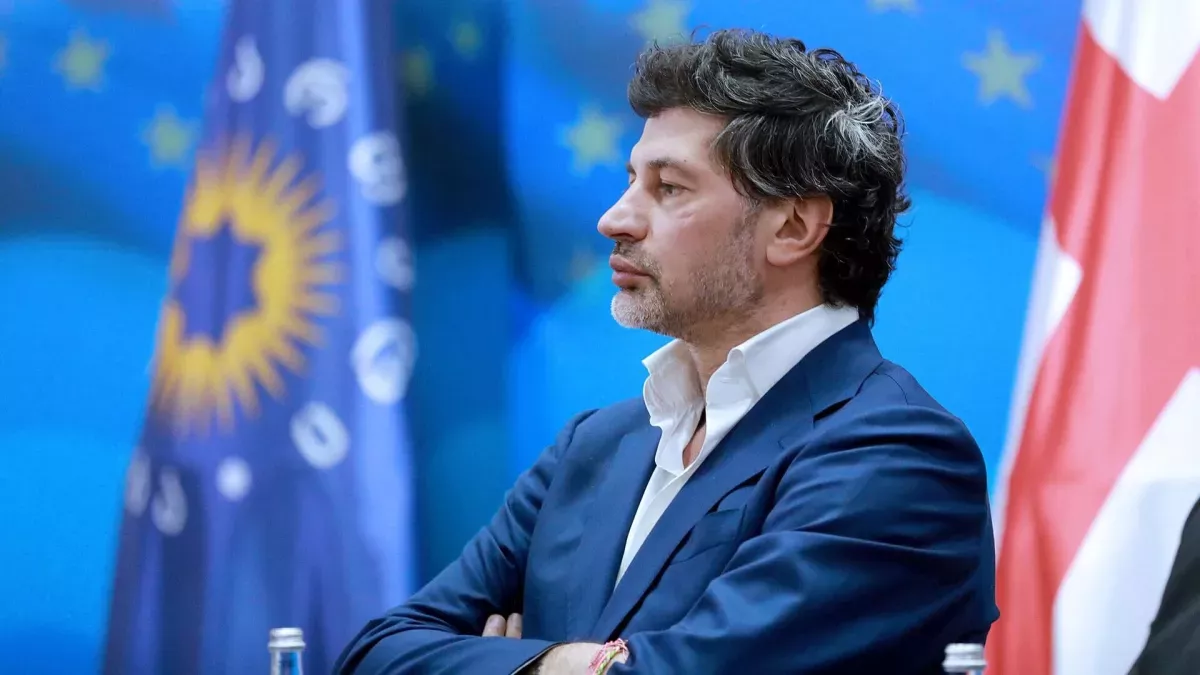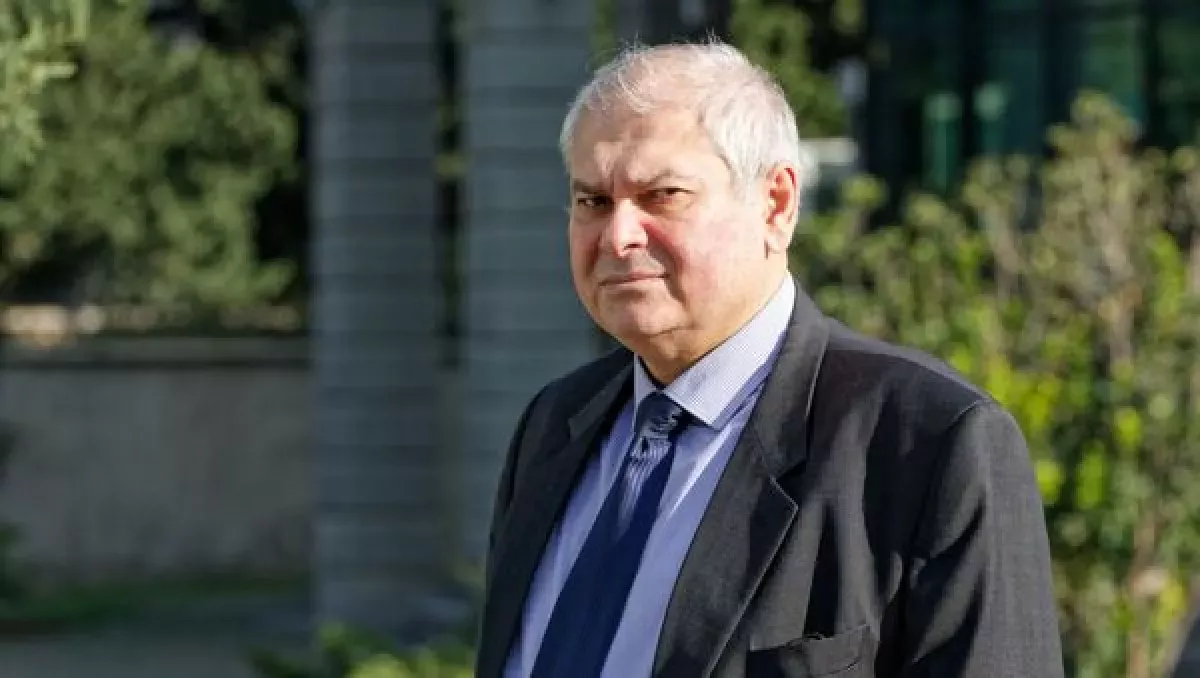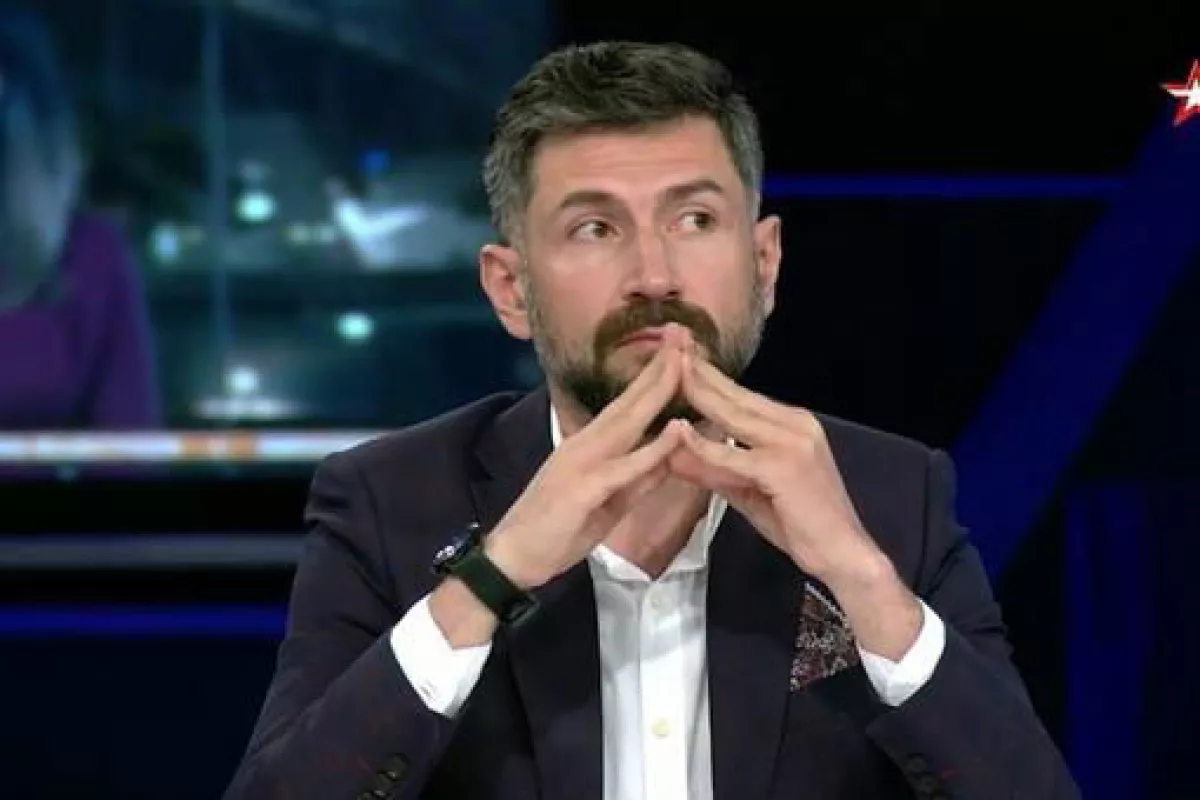Europe tightens the screws: Georgia faces sanctions and visa barriers Expert opinions on Caliber.Az
EU High Representative for Foreign Affairs and Security Policy Kaja Kallas has stated that the European Union may suspend the visa-free regime with Georgia due to the harsh measures taken by Georgian authorities against protest participants.

Among the possible measures are sanctions and the suspension of visa-free travel, she told reporters in Brussels.
Kallas clarified that the EU will send a letter to Tbilisi outlining the conditions Georgia must meet.
“If those conditions are not fulfilled within the deadline, we will have to suspend the visa-free regime,” she added.
According to Kallas, the EU has already prepared a list of sanctions that includes, in particular, two Georgian judges. The reason was the “disproportionate” sentences handed down to protesters, mainly young people.
This prompted a sharp response from the Mayor of Tbilisi and Secretary General of the ruling Georgian Dream – Democratic Georgia party, Kakha Kaladze. According to him, the EU is effectively blackmailing the country, including with threats to cancel visa-free travel, because of Georgia's refusal to impose anti-Russian sanctions and open a "second front."

“The current European bureaucracy has betrayed genuine European values,” Kaladze stressed, adding that there will be no compromises that infringe upon Georgia’s national interests.
Brussels’ statements have caused concern, as visa-free travel is one of the key achievements for a handful of post-Soviet states and a symbol of their rapprochement with the EU. Georgia already holds official EU candidate status. And now — the threat of rollback.
What might happen next?
Georgian experts shared their views with Caliber.Az.

Professor of Political Science and honoured journalist of Georgia, Badri Nachkebia, noted:
“For nearly two years now, we’ve been hearing rhetoric about the possibility of harsh sanctions against Georgia from Brussels. But recently, this has taken on more concrete form — European officials are now openly speaking about these measures.”
He stressed that tens of thousands of Georgian citizens benefit from the visa-free regime.
“Many families have built stable economic models around this regime, especially in the area of small trade. In the past, people used to travel to the EU for work, often illegally — they would return home and then go back again. Now, these are legal trips, under clear rules. People felt confident. What’s more, due to the growing passenger flow, the Kutaisi airport was expanded — it mainly serves European destinations,” the expert explained.
According to him, the suspension of visa-free travel would negatively affect the economy and provoke serious public discontent. How the opposition will capitalise on this remains an open question.
“If the opposition gains a political trump card in the form of a promise to restore visa-free access, it could mobilise the electorate — particularly those whose livelihoods depend directly on travel to Europe.
At present, it’s clear that the opposition in Georgia is weak. Even those who do not support the ruling Georgian Dream party are hesitant to back the opposition, valuing the current stability instead. For these people, the most important thing is the absence of war,” he concluded.
He also suggested that the ruling party might resort to new demonstrative steps, once again appealing to the threat of Georgia being dragged into war.
“I don’t understand why this escalation is happening now — right after Trump’s 50-day ultimatum was announced. Perhaps the tensions between the West and Russia are rising faster than expected. There are already assessments suggesting that Russia may not wait the full 50 days and could soon launch a major offensive in Ukraine.
Against this backdrop, it seems that certain forces are trying to destabilise the situation in Georgia, hoping that the suspension of visa-free travel will weaken the position of Georgian Dream and lead to its ouster from power.
But that is unlikely to happen, because the country simply has no other serious political players capable of filling a potential power vacuum,” Nachkebia concluded.

Shota Apkhaidze, Director of the Caucasus Centre for Islamic Studies and expert at the Financial University under the Government of the Russian Federation, recalled that sanctions against certain representatives of the Georgian authorities have been in place for a year and a half.
“These sanctions target judges, officials, and members of the security forces. The new measures will most likely be directed against the ruling party and the government. However, as practice has shown, such steps do not lead to economic collapse or systemic disruptions,” he noted.
However, according to him, the current package may prove far more painful, as it includes measures such as disconnection from SWIFT and the suspension of the visa-free regime.
“This is a whole different level of pressure. Georgia’s entire banking system is integrated into the Western financial infrastructure. We depend on the London Stock Exchange, Wall Street, and SWIFT is a critically important component of that structure. Its disconnection would result in financial collapse — we simply have no alternatives,” Apkhaidze warned.
He clarified that the visa-free regime was never a sign of full EU integration, but rather a gesture of goodwill — allowing citizens the freedom of short-term travel.
“Even candidate status does not guarantee accession. We see this in the cases of Türkiye and the Balkan states. The cancellation of visa-free travel won’t formally halt the EU integration process, but it will deal a blow to many families whose incomes depend on travel to Europe. This will increase social tensions,” the expert stated.
He emphasised that visa-free access has become a tool of political pressure and a kind of bargaining chip.
“However, the Georgian Dream is unlikely to make concessions. The confrontation has already become systemic. The authorities continue to defend their position and, despite statements about commitment to the European course, this course is increasingly taking on a merely formal character.
Sanctions are being imposed against you — and yet you claim to be moving toward those imposing them? There’s an obvious contradiction here. It’s hard to call this anything but a political game,” Apkhaidze concluded.








